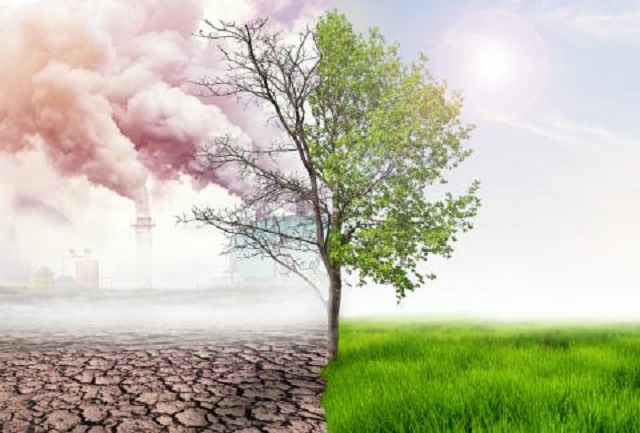Cuba has actively participated in important international trainings to assume, specifically in developing countries, the growing and negative impact of climate change.
Coping with and adapting to climate change is a complex task for which there are few antecedents and experiences in the world, specifically in the poorest regions.
On numerous occasions, this capacity building was carried out in conjunction with the evaluation of the expected impacts in the country undergoing training.
Cuba has not been oblivious to this effort and has actively deployed capacity-building work using experts from the country with scientific results in the economic-social sectors most affected by the negative impacts of this phenomenon.
The sectors most addressed in the trainings concern water resources, agriculture and food production, human settlements, coastal ecosystems and human health, as these are the most vulnerable.
Cuba has been able to deploy the strategic work of training, because the country has the political will, and its institutions have carried out numerous national studies on climate change and its impacts, which has allowed it to obtain vast national experience, which supports its extension to other regions of the planet.
The increase in the frequency and intensity of extreme climatic events such as hurricanes and droughts of various kinds, the reduction in net primary productivity (annual production of biomass from ecosystems) and agricultural yields, the loss of coastal and coastal areas due to elevation of the sea level and the deterioration of the environmental conditions in which the underdeveloped or Third World nations are developed, are just some of the negative effects of climate change that are already facing thanks to the efforts of countries like Cuba, which integrate these groups of training.





